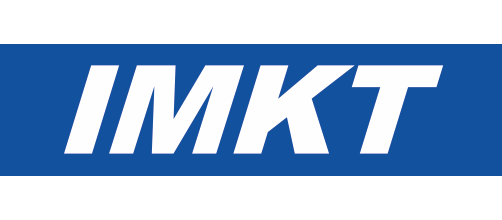Manufacturing and Evaluation of Multimaterial Cylindrical Rolling Bearings by Plasma-Transferred Arc Welding
- verfasst von
- Yusuf Faqiri, Felix Saure, Timm Coors, Florian Pape, Thomas Hassel, Gerhard Poll
- Abstract
Large-diameter slewing bearings are capable of supporting high loads and moments. They are typically used in applications where there is a need for rotational movements, such as in cranes, excavators, and wind turbines. With plasma-transferred arc (PTA) welding it is possible to apply high-performance materials in localized, stressed component regions. The process chain to produce these multimaterial components is called tailored forming because the welding procedure is followed by a subsequent hot forging process. One choice of material for the higher loaded areas is the commercially used bearing steel AISI 52100, which is characterized by high hardness, good wear, and fatigue resistance. However, AISI 52100 has limited corrosion resistance. As an alternative, this paper presents a modified powder alloy made from a high-alloyed martensitic steel with contents of vanadium and carbon and a high-alloyed ferritic-martensitic steel with a high chromium content. It provides the requested corrosion resistance, as well as high wear and fatigue resistance. At first, cylindrical roller thrust bearing washers type 81212 were produced with the new alloy, which was cladded onto AISI 1015. In further process steps, the welded semifinished component was finished to an axial bearing washer and finally examined in an FE-8 life cycle test regarding its fatigue behavior. After successful testing in the FE-8 test rig, a scale-up to larger components was applied. For this purpose, inner rings of the type NU256, consisting of AISI 1015, were cladded by PTA with the new alloy and examined in terms of material properties. The cladded rings were characterized by means of scanning acoustic microscopy, metallography, spark spectrometry, hardness measurements, and corrosion testing. Our studies proved that the new developed powder alloy has achieved the necessary requirements in terms of bearing fatigue strength, weld-ability, hardness, and corrosion resistance.
- Organisationseinheit(en)
-
Institut für Maschinenkonstruktion und Tribologie
Institut für Werkstoffkunde
- Typ
- Aufsatz in Konferenzband
- Seiten
- 201-226
- Anzahl der Seiten
- 26
- Publikationsdatum
- 2024
- Publikationsstatus
- Veröffentlicht
- Peer-reviewed
- Ja
- ASJC Scopus Sachgebiete
- Allgemeine Materialwissenschaften
- Elektronische Version(en)
-
https://doi.org/10.1520/STP164920220106 (Zugang:
Geschlossen)


